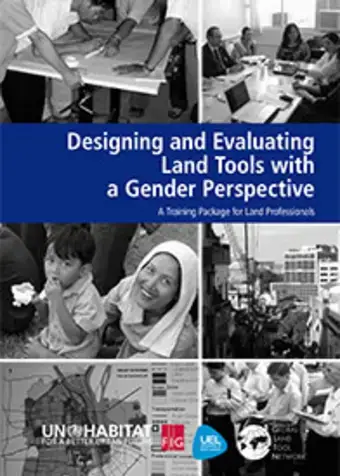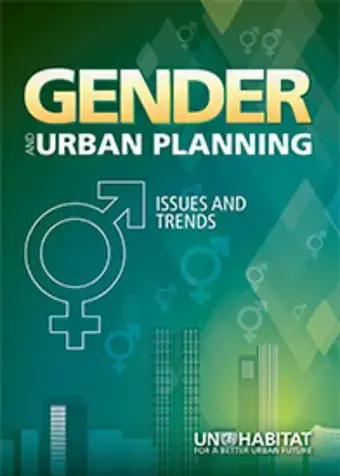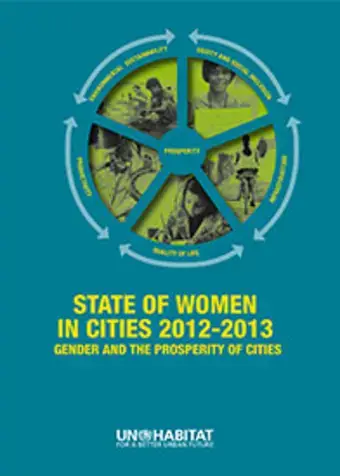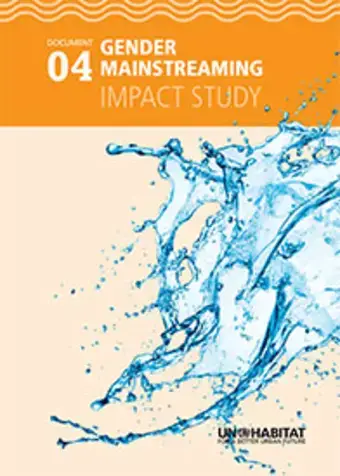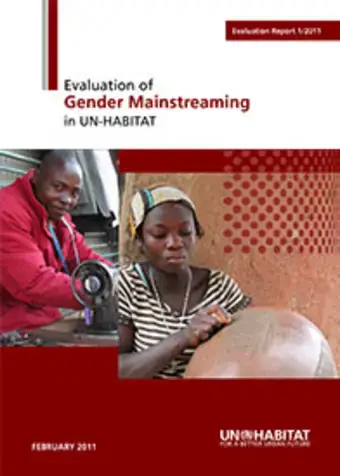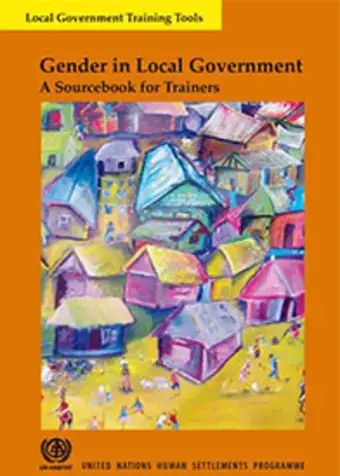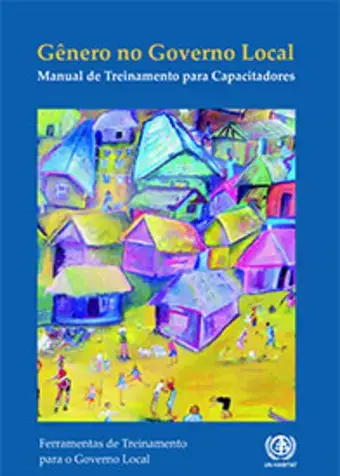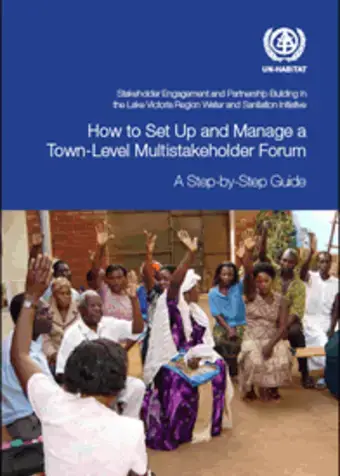On International Women's Day, UN-Habitat highlights the important role played by women and girls in urban energy issues and renews our commitment to strengthen and expand our efforts to bring access of modern energy to women. Sustainable energy powers opportunity. Yet 1.2 billion people -one in five globally- lack electricity to light their homes or conduct business.
Gender mainstreaming a priority for UN-Habitat
UN-Habitat and several key stakeholders recently held a five day meeting on gender mainstreaming and capacity building workshop in Kisumu, Kenya.
The meeting brought together UN-Women, Association of Local Government Authorities of Kenya, Joint Programme on Gender Equality and Women's Empowerment (JPgewe) together with five countries representatives participating in the Lake Victoria Water Supply and Sanitation Programme which are Rwanda, Burundi, Uganda, Tanzania, and Kenya.
